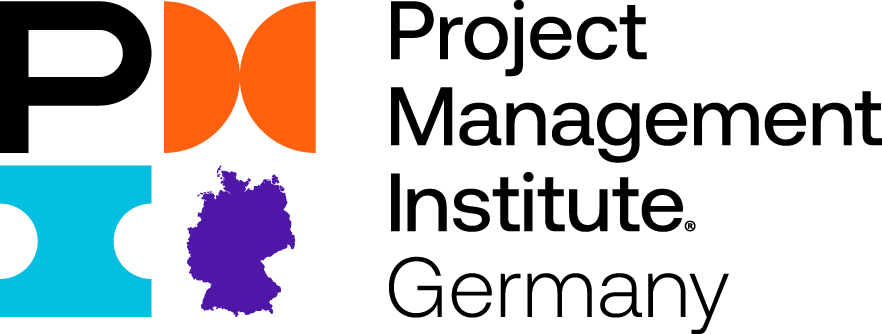 The annual PMI Salary Survey confirms a higher salary potential for project professionals with PMP® certification. According to this survey, PMP® certification holders earn on average 33% more than non-certified project professionals.
The annual PMI Salary Survey confirms a higher salary potential for project professionals with PMP® certification. According to this survey, PMP® certification holders earn on average 33% more than non-certified project professionals.
PPMI has released the 13th edition of its "Earning Power: Project Management Salary Survey," which reveals the global salary structure in project management and highlights the importance of continuing education and skills development to compete in today's job market.
The survey shows that respondents with a Project Management Professional (PMP)® certification earn a higher average salary than project management professionals without a PMP certification - 33% more on average across the 21 countries surveyed. The report is a useful resource for professionals applying for project management positions and for organizations looking to fill those positions, as it helps define the earning potential of project professionals around the world.
About two-thirds of survey respondents indicated that their total compensation (including salary, bonuses and other cash incentives) had increased in the 12 months prior to the survey. The data also shows a broad consensus that PMP certification is valuable not only for salary increases, but also for career development. In the United States, for example, 55% of project professionals agreed that their PMP certification was very valuable to their career development.
Due to different price and cost levels in different countries, the median salary of project specialists also varies considerably. The salary figures were converted into US dollars using the usual exchange rates.
- The countries where project professionals report the highest average salaries are the United States (USD 120,000), Australia (USD 103,789), Germany (USD 99,512), the United Kingdom (USD 87,993) and Singapore (USD 79,464).
- In practically all countries, salaries increase with higher-value positions. However, the rate of increase varies greatly. The most dramatic increases are in Saudi Arabia, South Africa and the United Arab Emirates, where respondents reported an increase of more than 60 percent in the median salary from project manager (level I) to highly experienced project manager (level III).
- There is a correlation between salary and the size of the projects managed. In most countries, the median salaries of project professionals who manage larger projects are higher. In Brazil, for example, the average salary is USD 26,507 if the project budget is less than USD 100,000 and USD 48,121 if the project budget is more than USD 10 million.
In addition to monetary benefits, obtaining PMP certification brings other advantages, such as the fact that certified project professionals are in high demand across all industries and regions, and hiring managers recognize the value of industry certifications and competency-based hiring. In addition, PMP certification proves that the project professionals in question have the skills required for project success.
Maintaining PMP certification proves that professionals are willing to continually educate themselves, which is especially important as emerging technologies eventually become part of everyday business.
Earning potential is an important factor in career choice, and organizations around the world recognize the extensive knowledge and experience that PMP-certified project managers bring to the table. Being part of this globally recognized PMP-certified cohort sets you apart from others.
More information and the full report can be found here:
https://www.pmi.org/learning/careers/project-management-salary-survey



